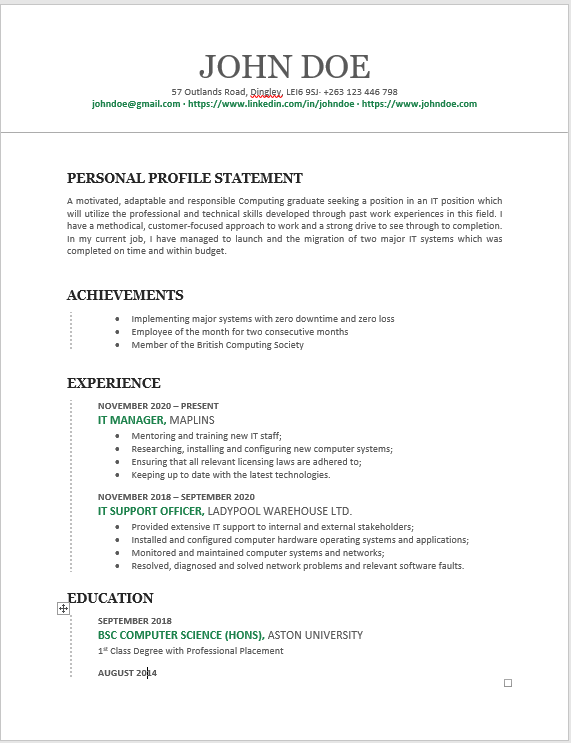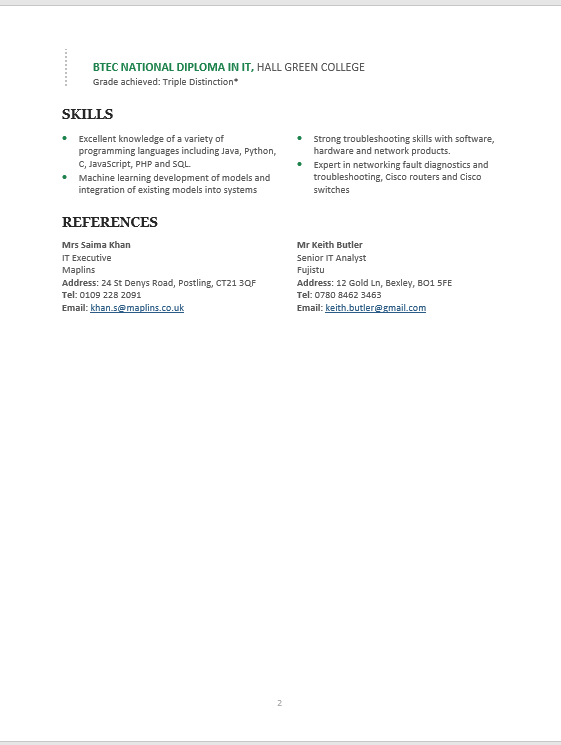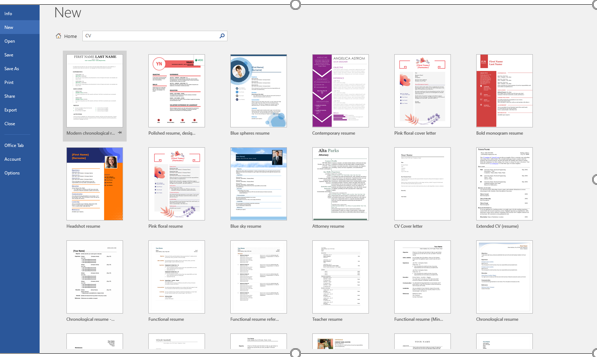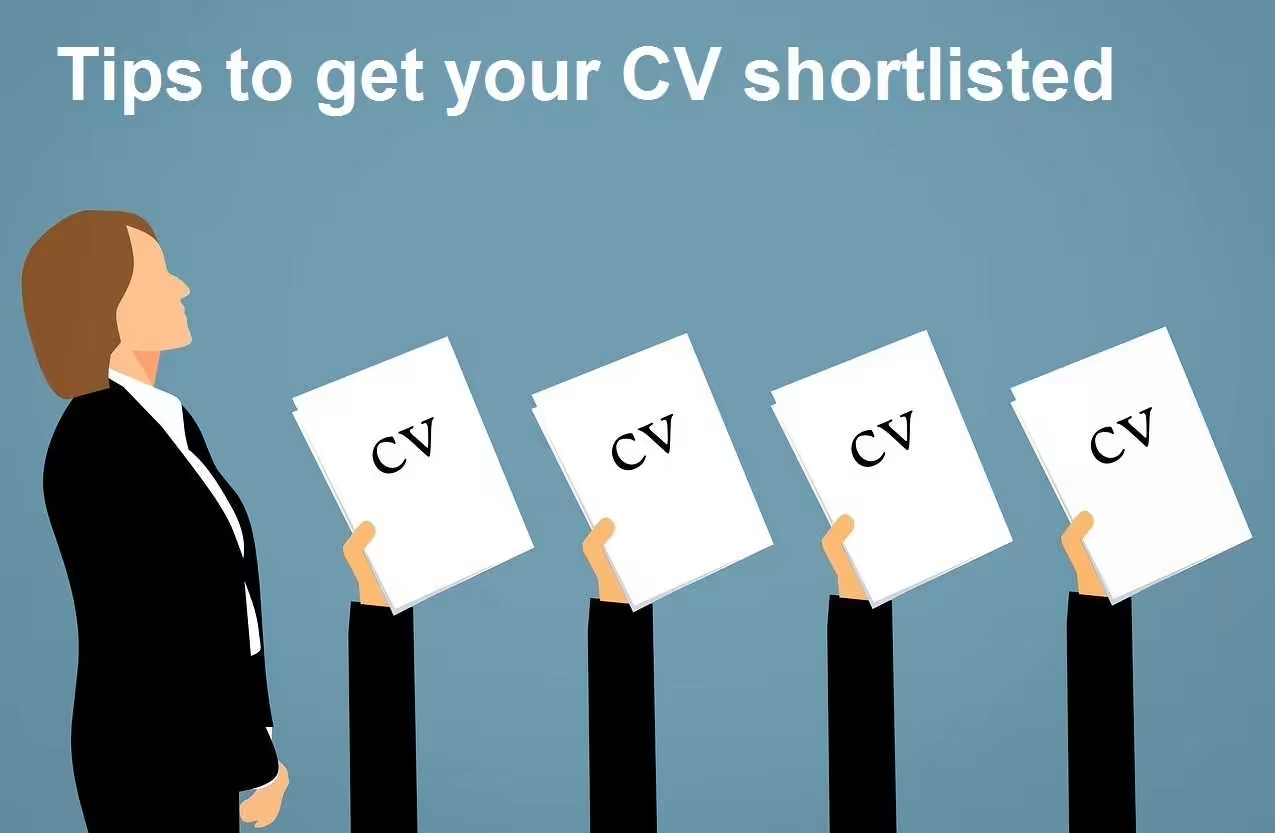Coming up with the perfect CV may be a daunting task, but it pays off, especially in this digital era. Getting your CV right is very important when you are job hunting. Even though you should customise your CV depending on the position you want to apply for, a familiar structure is critical to follow for your CV to pass through the many robots before it gets to the humans for shortlisting. This is a short simplified guide with a sample CV structure you can follow to help you land that dream job.
What is a CV?
A CV is short for Curriculum Vitae, containing a summary of ones experience and skills. A typical CV writing best practice for entry-level roles should be at most two pages long, and the middle-level candidates might be longer.
What is the difference between CV and resume?
Depending on where you are from, resumes and CVs are usually the same. However, in the United States, resumes are generally competency-based, which are personal marketing documents intended to showcase ones skills. In contrast, CVs are credential-based, providing a comprehensive listing of a persons education, certifications, research experience, and professional affiliations or memberships.
What to include in your CV?
A CV should typically include personal information, education, technical skills, key achievements, work experience, and references. In addition, research and teaching experience, publications, grants and fellowships, professional associations and licenses, awards, and other information relevant to the position you are applying for can be included. Finally, you must make a list of all your background information organised into different categories. But you should also be aware of the words that should never feature in your CV.
A sample CV structure
The following is a sample CV structure you can follow to improve your CV and increase your chances of being shortlisted by both the robots and the humans:


You can select a suitable CV template from the various Microsoft Word or Canva CV templates which you can use to write your CV following the sample structure provided above.

Wrapping it up…
Research says that recruiters look at CVs for up to 6 seconds on average; however, robots take even fewer seconds. This is why it is essential to write your CV for both the robots and the humans so that your CV gets past the recruitment systems and grabs the humans attention. Ensure you use the correct format for your CV that will appeal to both the software and the companys HR. Dont short-change yourself. Start editing your CV for your next job application.
Kudzai Derera is the Business Systems Manager at Industrial Psychology Consultants (Pvt) Ltd, a management and human resources consulting firm.
LinkedIn: https://zw.linkedin.com/in/kudzaiderera
Phone: +263 242 481946-48/481950
Mobile: +263 773 523 084
Email: kudzai@ipcconsultants.com
Main Website: www.ipcconsultants.com

